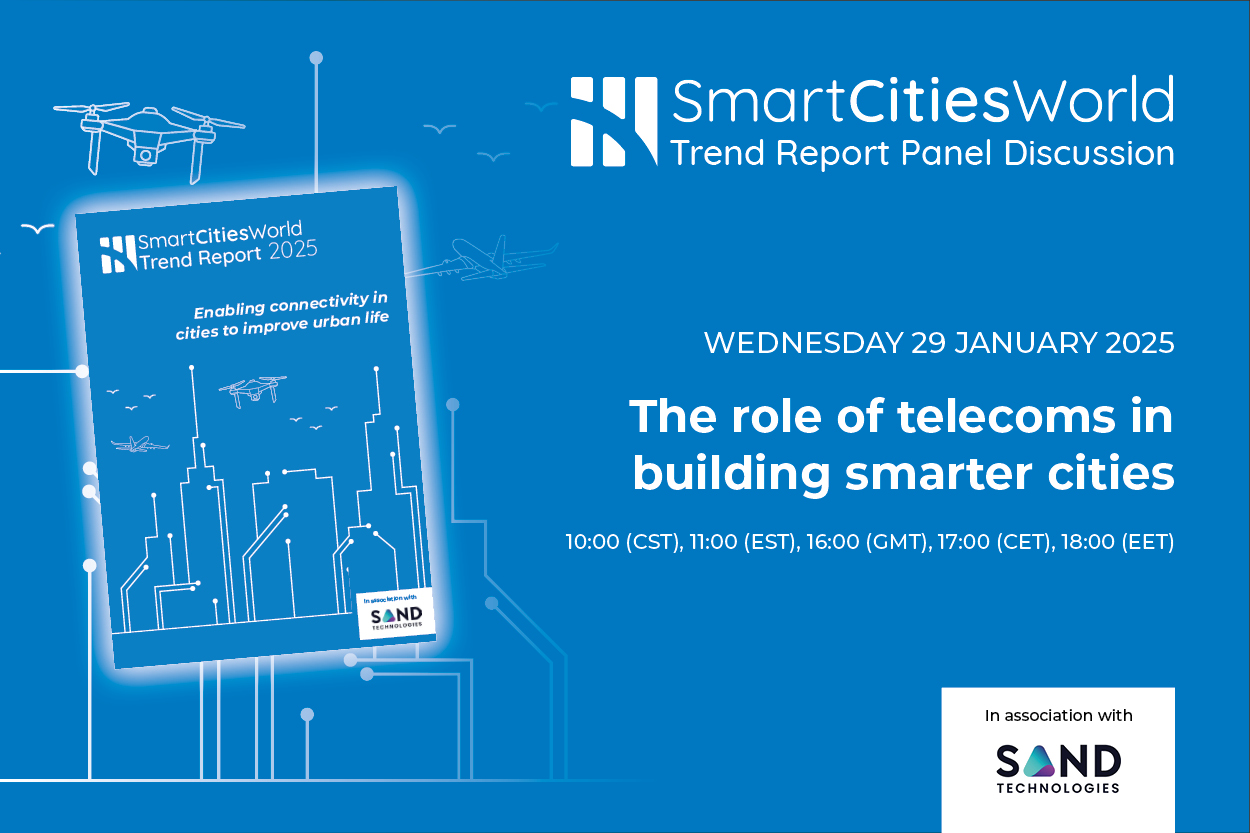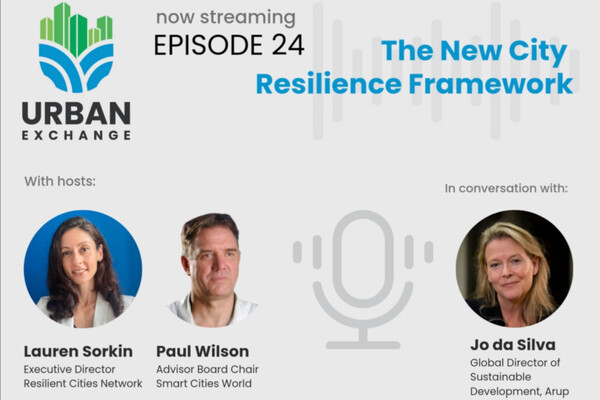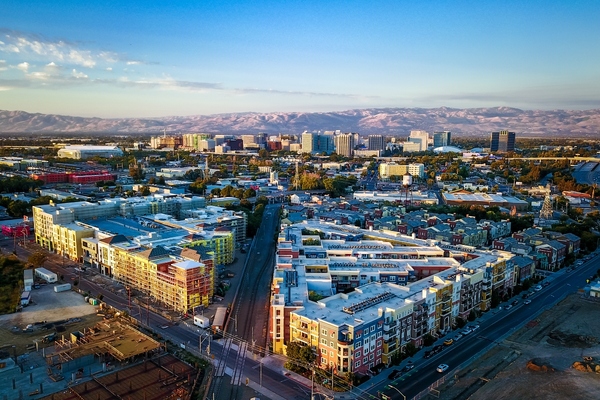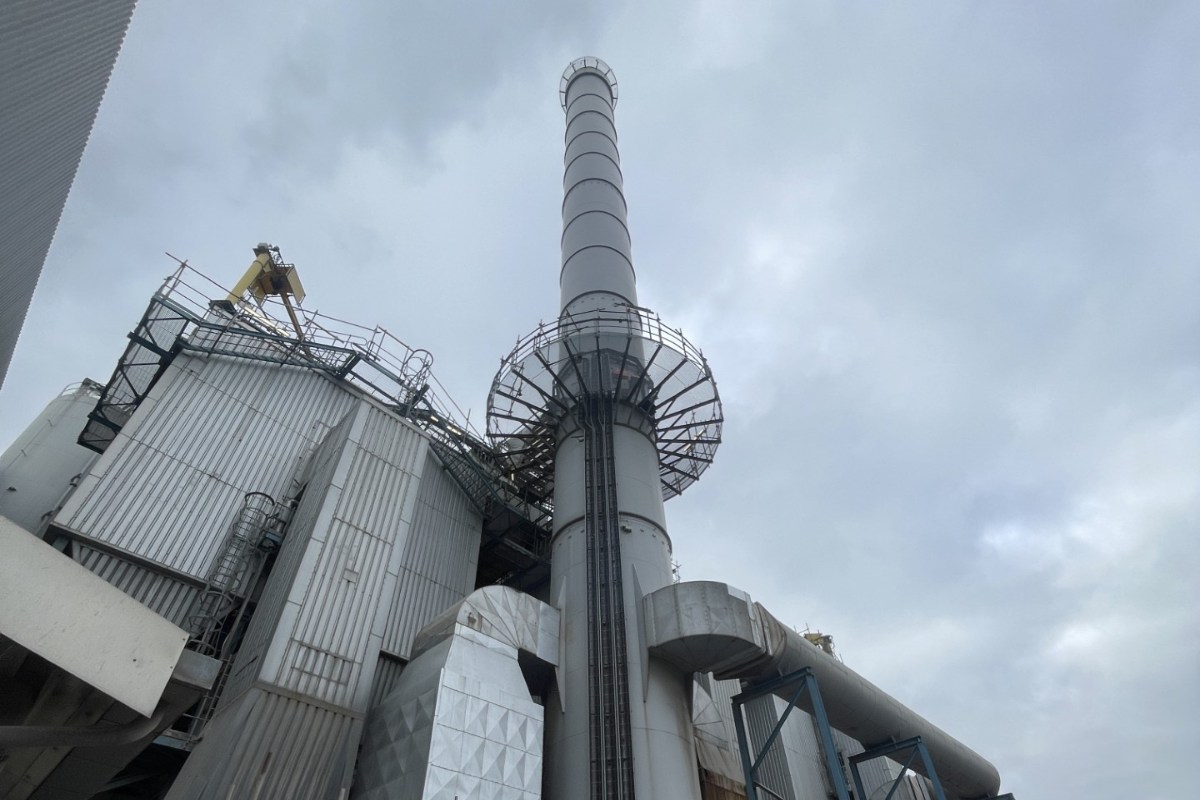Special Reports
SusHi Tech Tokyo 2024: experience ‘Tokyo 2050’ todaySponsored by The SusHi Tech Tokyo 2024 Showcase Program Executive Committee
White Paper: Edge computing and AI - the foundations of the best in class smart city
The surge in data is only going to get bigger and cities need to look to new technologies to manage it effectively and meet citizen demands for new services.
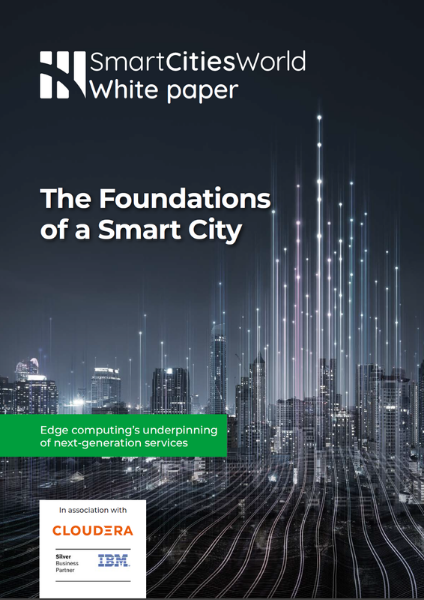
Smart cities are fuelled by data from an ever increasing number of sources. The potential for transport networks, waste management, utilities, water and more to be run in a more efficient way and with new kinds of services offered to citizens is arguably the most exciting aspect of the changing city.
However, there are obstacles to overcome before we can truly tap into the richness of data. In many cases, data has been running on proprietary software and hardware, with networks unable to talk to one another. This drastically reduces the potential to use data to its fullest.
This is why more smart cities are turning to big data, edge computing and machine learning. Open, flexible and scalable platforms give cities the ability to run governance, security rich environments, advanced query and data management. Cities are no longer tied into a specific vendor’s solutions and crucially data is unsiloed, meaning cities can produce new and innovative services. With the power of machine learning, cities are able to anticipate issues before they occur.
This White Paper covers:
- The rise in data, and the different kinds of data, that a city has to process;
- Why existing data management models are ill-equipped for a smart city’s requirements;
- How open source, big data platforms equipped with machine learning can unlock higher quality data control, quicker analysis and actions, continuous operations and lower total costs of ownership;
- How Dubai is using big data and AI to unlock new use cases;
- How different parts of a city can benefit from the technologies;
- The future of big data and ML and how smart cities will take advantage of it in future
In association with:
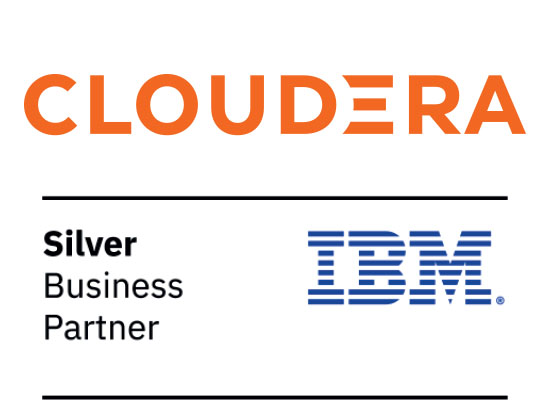
You might also like:
- Watch: Cloudera and IBM Storage - how CAVs can manage data
- WEBINAR: Breaking down silos and working collaboratively
- Watch: Cloudera and IBM Storage discuss how cities can unlock the true value of their data
- Podcast: The data tech unlocking new value in smart cities
- Webinar: Connected and autonomous vehicles: How to deal with data
AI and Machine Learningair qualityAnalyticsAnalyticsBuildingsCAVscitizen engagementClimate change/ResilienceCloud and edge computingcongestionConnectivityConnectivity - DevicesConnectivity - NetworksConnectivity - PlatformsConnectivity - SensorsDataData - AnalyticsData - Data CentresData - SecurityData CentresData marketplace/PlatformData monetisationdata privacyDevicesEnergy - LightingEnergy - Smart Grid & DistributionFibre networksLPWANNetworkOpen DataresilienceSecuritySecuritySensorssmart gridswaste
Latest City Profile
SmartCitiesWorld Newsletters (Daily/Weekly)
BECOME A MEMBER
